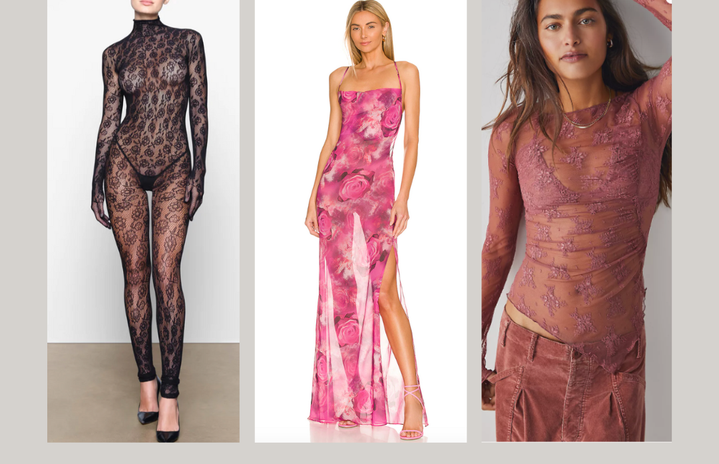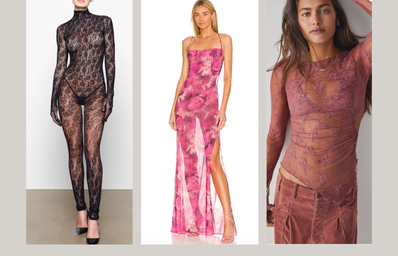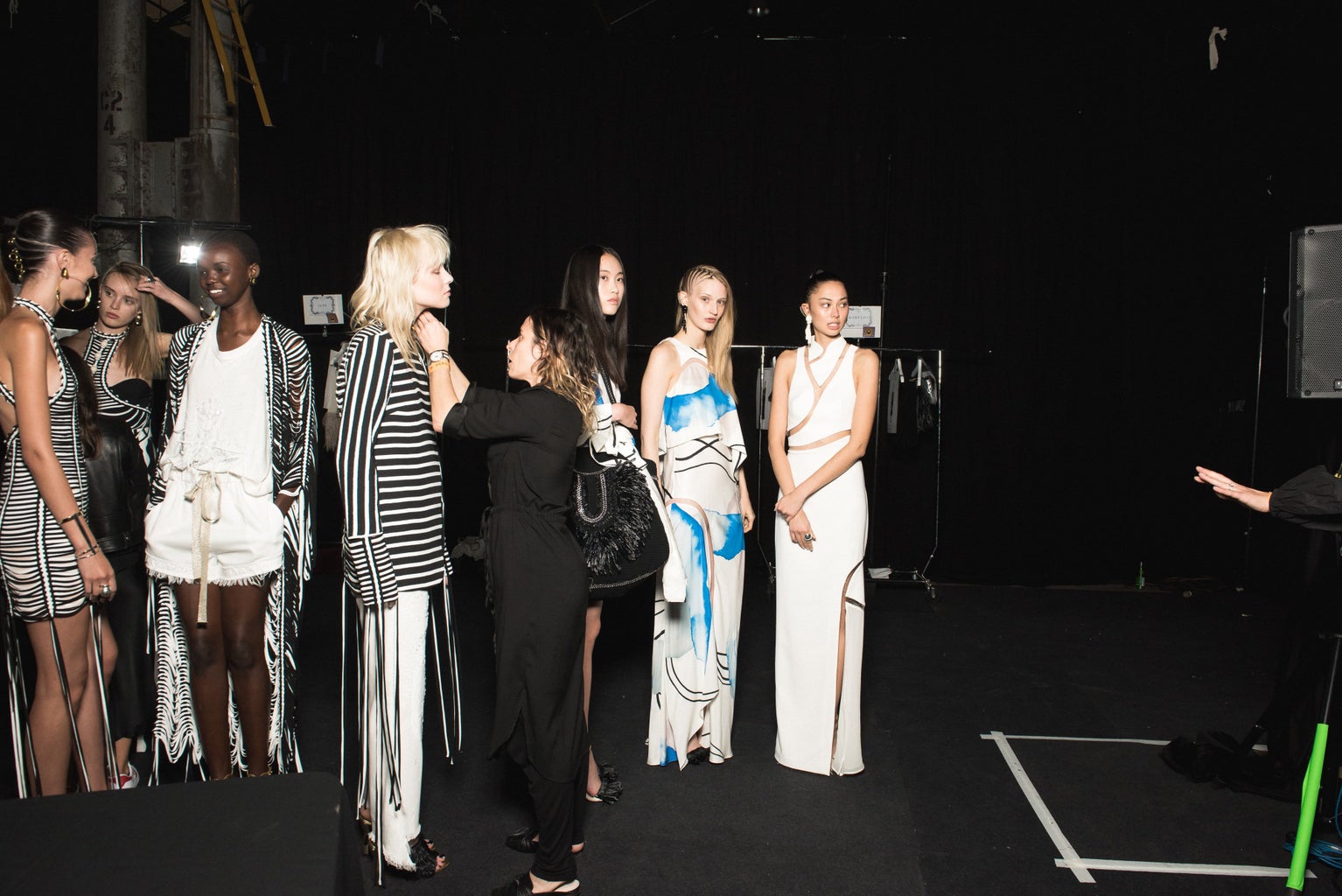Beautiful. They say that beauty is subjective. But what about “ugliness”? Is that subjective? What does it take for someone to see beauty in something most people would say is anything but beautiful? There is a common assumption that fashion and beauty are interchangeable or synonymous with each other. Except what is art if it is so easily beautiful? Art is pain and passion and happiness and triumph and every emotion imaginable. High profile designers have been using this unconventional and “ugly” factor in their designs forever to express something that is anything but surface level.
Alexander McQueen clearly emerges as the foremost designer who thoroughly embraced and explored the grotesque. Line after line, his influence of gothic and Victorian periods becomes very apparent and in your face.
On March 3, 2001, Alexander McQueen unveiled his renowned “VOSS” collection in a show held within a grand mirrored box, featuring a transparent Perspex runway. The audience was enveloped by one-way mirrors, offering a view of the outside while concealing the inner space. The mirrored box had glass walls, producing an eerie ambiance that evoked the imagery of models emerging from a mental institution. Statements like this made McQueen a world-renowned fashion designer and got people thinking. Maybe it is not necessarily beautiful, but does it have meaning behind it? Does it evoke emotion? Absolutely.
While the concept of “grotesque” fashion was not as prevalent in historical periods as it is in modern times, there were some designers and artistic movements that embraced unconventional aesthetics and pushed the boundaries of traditional beauty. Some have the opinion that this form of fashion might all be a huge statement to challenge the unrealistic and unattainable beauty standards of the fashion industry. This statement was used by designers like Paul Poiret which differed from the typical conservative and corseted styles of the late 19th century. He did this by using soft silhouettes, unconventional prints, and bright colors in many of his pieces. As well as overall fashion movements that incorporated this unordinary aspect to the general public like art deco and futurism which used geometric shapes and lavish embellishments.
Similar to how fashion movements adapt to each decade or year to express their ideas, beauty also undergoes significant transformations. What was considered beautiful in 1806 is not what is considered beautiful now in 2023. So again, really what is the meaning of beauty if it is constantly evolving? Since the definition of beauty is constantly changing, does being beautiful really even matter in the first place? What one individual finds captivating and appealing, another might perceive differently. In Māori cultures in New Zealand, having a traditional tattoo on your face is considered beautiful and respectable. Among different tribes in Burma, women wear several brass coils around their necks to seem beautiful. So, individual preferences greatly impact how beauty is perceived. People have different tastes when it comes to beauty, whether it is in fashion, art, or human appearance. Some may find beauty in minimalism and simplicity, while others are drawn to complexity and extravagance. This subjectivity in beauty allows for a wide spectrum of appreciation and admiration, making fashion and any art piece all the more interesting.



